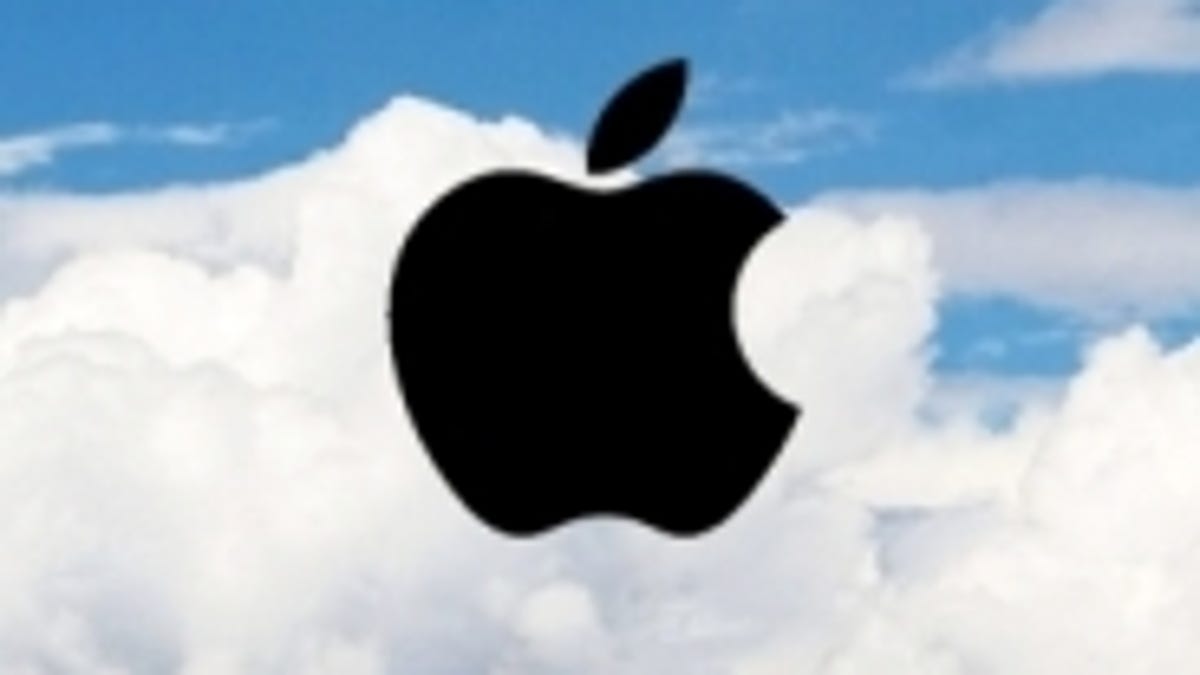Report: Apple signs Sony for cloud-music service
Apple's reported effort to store customers' music files on its servers is a step closer to securing the approval of all four major record labels, according to a Bloomberg report.

Apple appears to be a step closer to putting together a cloud-music service with the licensing blessing of the major record labels.
Following CNET's previous reports that Warner Music Group and EMI Music had signed on with Apple's rumored plans to store customers' music files on its servers, Bloomberg is reporting that Sony Music has added its name to the play list. The addition of Sony, which lists Avril Lavigne, Britney Spears, and Foo Fighters among its featured recording artists, would leave only Universal Music Group as the lone holdout, but sources tell CNET that the recording industry's largest label is close to a deal with Apple.
Apple and Sony Music representatives did not immediately respond to a request for comment.
Licensing agreements with all four major labels will allow Apple to launch a fully licensed cloud-music service to rival unlicensed offerings of rivals Amazon and Google. Even though Google had been negotiating to obtain licenses from the four largest record companies for more than a year, the test version launched earlier this month without licensing agreements in place. Amazon employed the same strategy when it launched its cloud-music service in March.
For more than a year, all the talk about cloud music--the term used to describe third-party computing--was about Google and Apple. Then Amazon beat both companies by unveiling a digital music locker service that allows users to store songs on Amazon's servers and then listen to their collections via computers with a Web browser or Android devices.
While the music labels have insisted that most cloud music features would require licenses, they didn't do much publicly to discourage Amazon or Google from rolling out with their services. Both services appear to have been carefully structured to avoid violating any copyrights: neither made additional copies of songs nor employed a process known as "scan and match," in which the companies scan users' hard drives then stream back to users a company-created copy.
However, the licensing agreements may let Apple employ the "scan and match" approach, allowing users to avoid the tedious and time-consuming process of uploading their music libraries to Apple's servers. The music service Lala, which Apple acquired in December 2009, made this process famous.
Meanwhile, an Apple patent application released this morning offers clues to features Apple might add to iTunes and iOS to make entire music libraries take up less space on mobile devices with limited storage. The application details a system in which music clips from a user's library are stored locally on a device. When combined with an infrastructure that can fetch the rest of a song once it starts being played, the system would provide users with a seamless music listening experience of their entire library, even without having it on the device.

